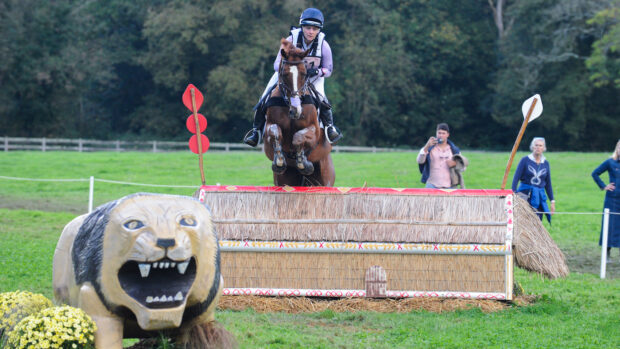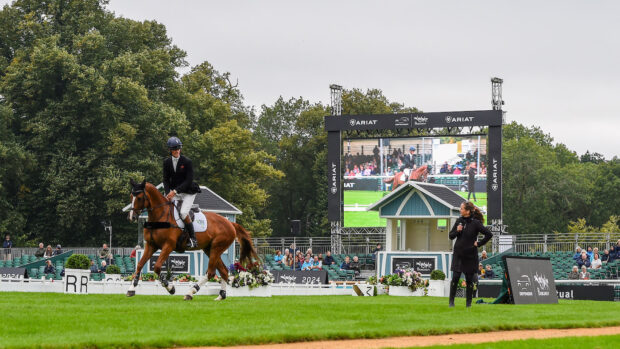Early concerns that cloned horses might suffer from health problems appear unfounded, with little evidence that they are affected by complications seen in other species.
Cloning of cattle and sheep, for instance, is associated with high rates of embryo loss and abortion, and increased likelihood of heart, lung and other organ problems.
These problems appear to arise when some genes in the donor DNA remain “switched off”.
However, careful reprogramming of this DNA during the laboratory phase of equine cloning can help ensure that the genes support full and proper development of the foetus.
One of the pioneers of equine cloning, Dr Katrin Hinrichs of Texas A&M University, has reported an increased likelihood of crooked legs due to either an angular deformity or contracted tendons.
Cloned foals may also be initially weak or show signs of neonatal maladjustment syndrome, a neurological problem.
Their umbilical cord is commonly larger than normal, leaving them more susceptible to navel infections.
All of these complications are readily corrected and, with the right treatment, are likely to have no impact on normal development of the foal.
However, given the limited number of equine clones in existence, firm statistics on these and other health problems are lacking. Welfare bodies are keeping a close eye on further research.
To read all the latest research on cloning see the current issue of H&H (6 December 2012)




